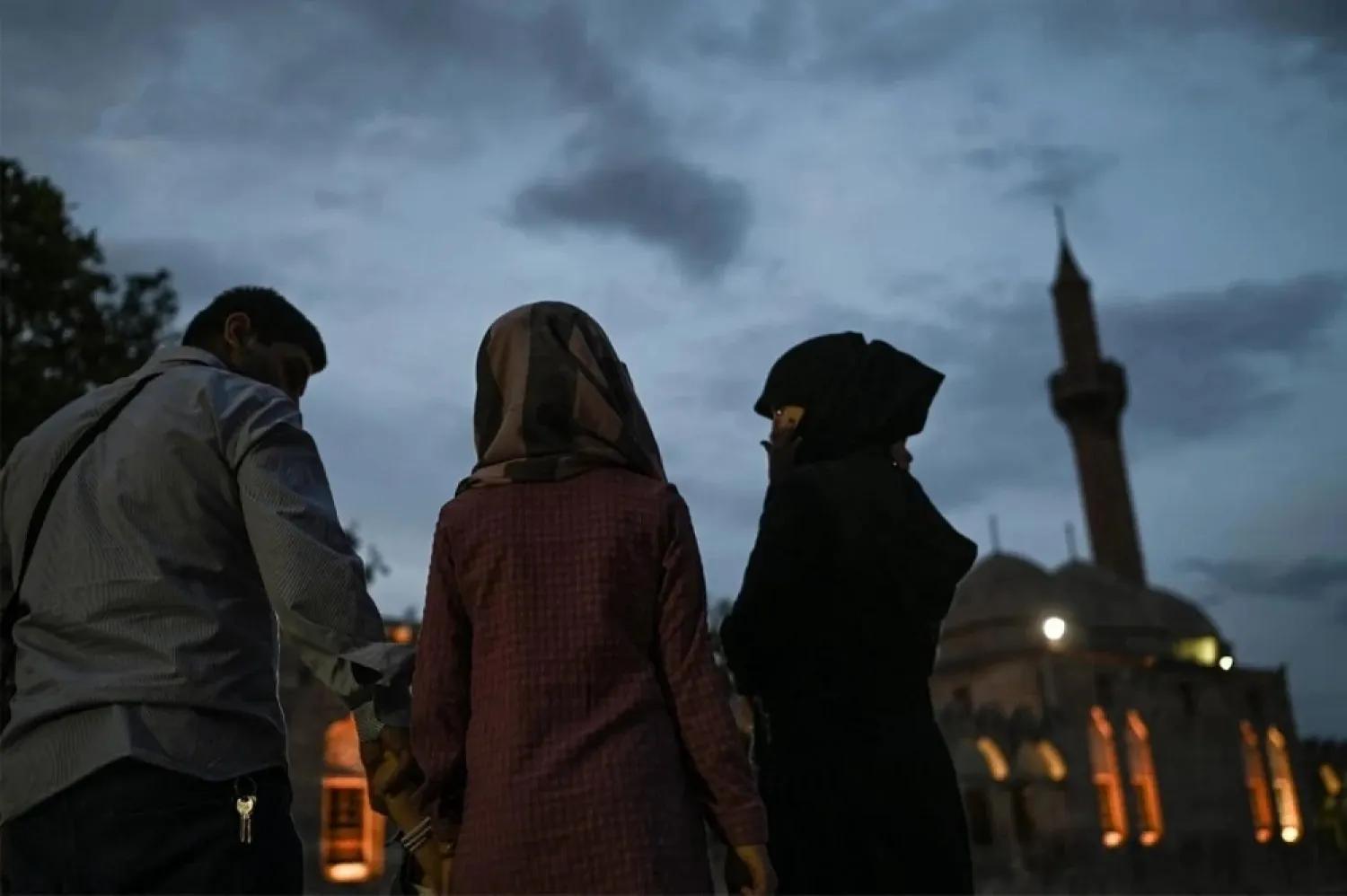The European Court of Human Rights (ECHR) ruled on Tuesday that Turkey had unlawfully repatriated a Syrian refugee after forcing him to sign a document that said he was returning voluntarily.
The Strasbourg-based court ordered Turkey to pay around 12,250 euros ($12,940) including costs and expenses to Muhammad Fawzi Akkad, who has now applied for asylum in Germany. There was no immediate reaction from Turkish authorities, which have previously denied sending Akkad back to Syria against his will.
The ECHR said Akkad had fled the war in Syria to Turkey in 2014 and was arrested as he tried to cross the Greek border in June 2018.
He was brought to Hatay province, near the Syrian border, and made to sign a document he did not understand and which turned out be a form for his voluntary return, it said.
Akkad said he was detained and beaten by armed militants in Syria but later released. He went back to Turkey in July 2018 and later managed to travel to Germany.
The court ruled that Akkad had suffered inhuman or degrading treatment, along with other rights violations.
Turkey hosts some 3.7 million Syrian refugees, the world's largest refugee population. Public sentiment has turned against the refugees as Turkey's economic woes mount, prompting the government to work on plans to re-settle up to 1 million Syrians in northwest Syria after building cinderblock houses there.
The plans have not gathered international support and the United Nations High Commissioner for Refugees says conditions in Syria are not suitable for mass voluntary returns.









